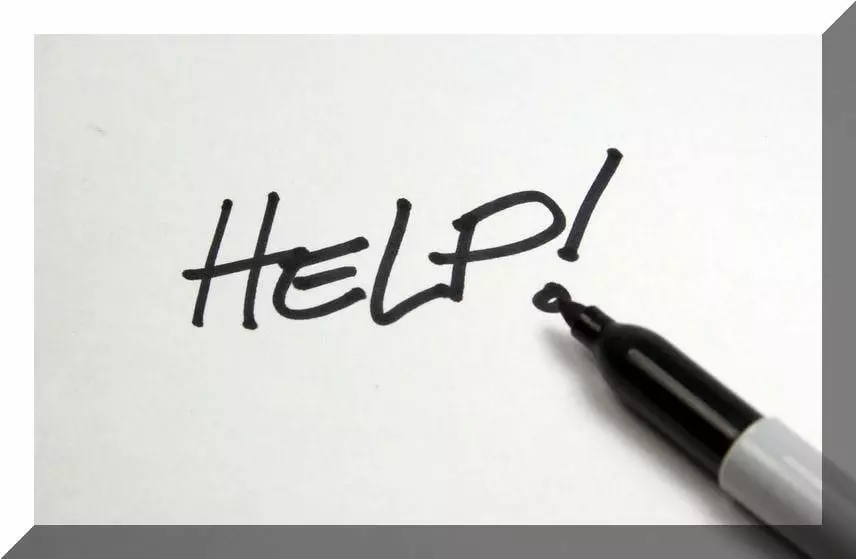Post by SCSJ Staff Attorney Daryl Atkinson
[youtube]https://www.youtube.com/watch?v=SJGNJVIq37A[/youtube]
In a speech to the American Bar Association on August 12, 201,3 Attorney General Eric Holder stressed the need to end mass incarceration, alleviate racial disparities in the criminal justice system, and reduce mandatory minimum sentences for many people convicted of nonviolent drug crimes. The rise in the prison population is largely due to minorities serving extended sentences for non-violent drug offences. What does this mean for the War on Drugs? As the most prominent prosecutor in the country, Attorney General Holder criticized the wisdom of policies that have led to America becoming the world’s leading jailer.
“It’s clear—as we come together today—that too many Americans go to too many prisons for far too long, and for no truly good law enforcement reason.” Although incarceration has a significant role to play in our justice system—widespread incarceration at the federal, state, and local levels is both ineffective and unsustainable. It imposes a significant economic burden—totaling $80 billion in 2010 alone—and it comes with human and moral costs that are impossible to calculate. We will start by fundamentally rethinking the notion of mandatory minimums sentences for drug-related crimes. Because they often generate unfairly long sentences, they breed disrespect for the system. When applied indiscriminately, they do not serve public safety. They—and some of the enforcement priorities we have set—have had a destabilizing effect on particular communities, largely poor and of color. ”
A major motivation for Attorney General Holder’s new “smart on crime” approach is the fact that although the U.S. has only 5 percent of the world’s population, it has almost 25 percent of its prisoners. Another incentive may be the potential for increased bipartisan support of drug policy reform. While this is good news, it is all happening at the highest levels of government and will take a long time to trickle down to those of us working on the ground with people who are the victims of America’s “War on Drugs.” Here at the Southern Coalition for Social Justice, we work with individuals facing the lifelong collateral consequences of drug convictions. We know that federal policies have real-life consequences for the communities we love and support. So how do we make Attorney General Holder’s statements make a difference here and now for the people and communities where we live and work?
- Make marijuana possession a Lowest Law Enforcement Priority (LLEP) –Local police departments have limited resources which forces them to prioritize which crimes they pursue, and which they do not. The Durham police department should make low-level drug crimes, such as possession of marijuana, a Lowest Law Enforcement Priority, which will allow the department to re-allocate resources currently spent on apprehension of low-level drug offenders toward the apprehension of serious violent criminals.
- End racial profiling and selective drug enforcement— America is a country that champions equal protection and application of the law but currently in North Carolina this is not happening in many areas of the state. For example, in Durham, NC blacks are 162% percent more likely to be searched incident to a routine traffic violation than whites, and blacks are 400% more likely to be arrested for possession of marijuana than whites even though usage rates of the drug are roughly the same. Concerned citizens in Durham should demand that our elected officials reform and strengthen the Durham Civilian Review Board so law enforcement can be held accountable by an independent body that truly represents the interest of Durham citizens.
- Local prosecutors should adopt pre-charge diversion policies for young people who commit non-violent crimes–North Carolina is one of only two states in the country that prosecutes 16 and 17 year olds as adults. Studies have shown that criminalizing young people at an early age hurts their future employment, housing, and educational opportunities. Diverting more young people away from ever getting involved with the criminal justice system is good public policy that will make our communities stronger and safer.
For more on how you can decrease the effects of the war on drugs in your own community, visit our website at www.scsj.org and check out our Criminal Justice section. There are also community organizing tools available in our Community Tools section. With your help, we can take back our communities from the decimation caused by the war on drugs.
About the Author
 Daryl Atkinson is a staff attorney at SCSJ focusing on criminal justice reform issues. Daryl received a B.A. in Political Science from Benedict College, Columbia, SC and a J.D. from the University of St. Thomas School of Law, Minneapolis, MN. Prior to coming to SCSJ, Daryl was a staff attorney at the North Carolina Office of Indigent Defense Services (IDS) where he co-managed the Collateral Consequence Assessment Tool (C-CAT).
Daryl Atkinson is a staff attorney at SCSJ focusing on criminal justice reform issues. Daryl received a B.A. in Political Science from Benedict College, Columbia, SC and a J.D. from the University of St. Thomas School of Law, Minneapolis, MN. Prior to coming to SCSJ, Daryl was a staff attorney at the North Carolina Office of Indigent Defense Services (IDS) where he co-managed the Collateral Consequence Assessment Tool (C-CAT).




